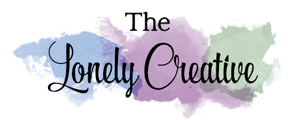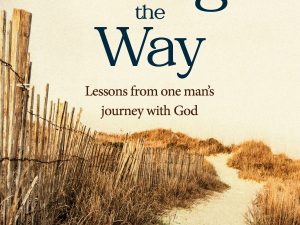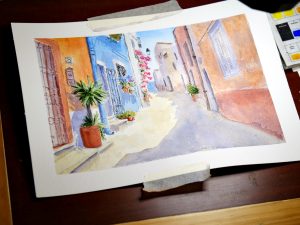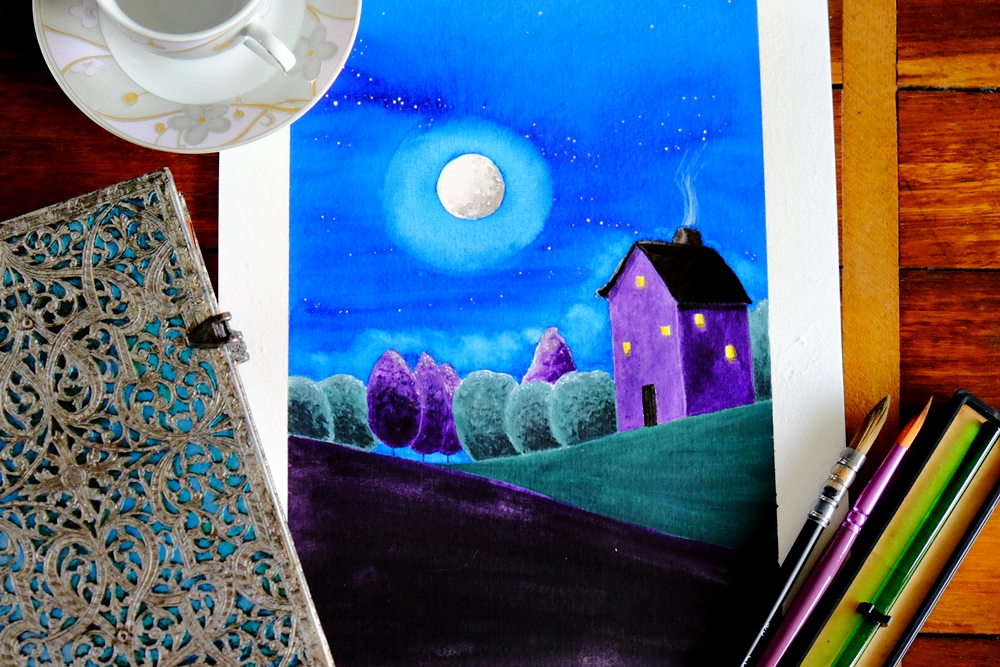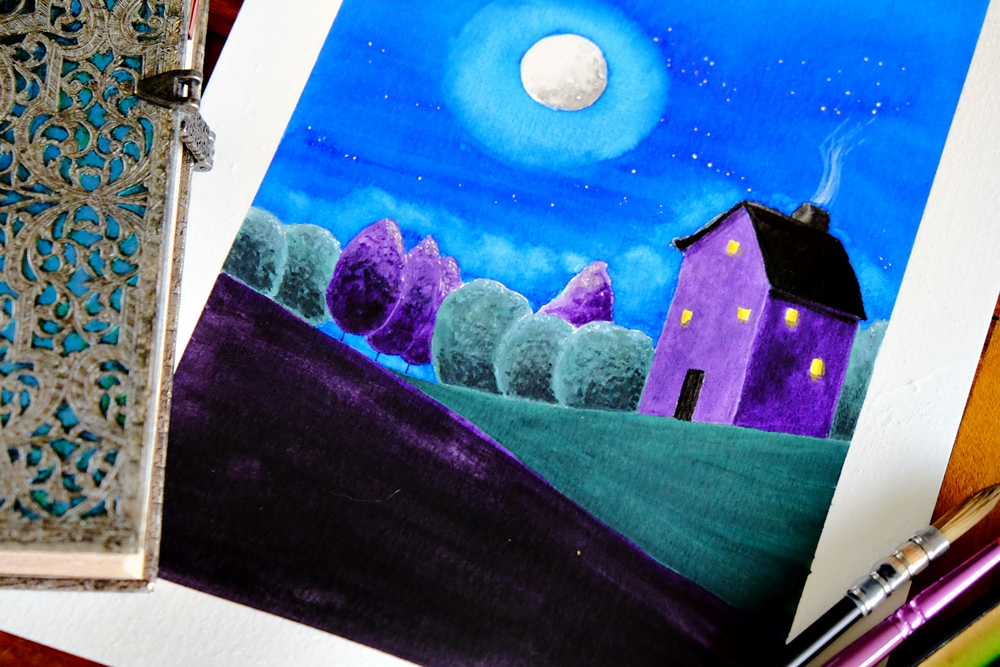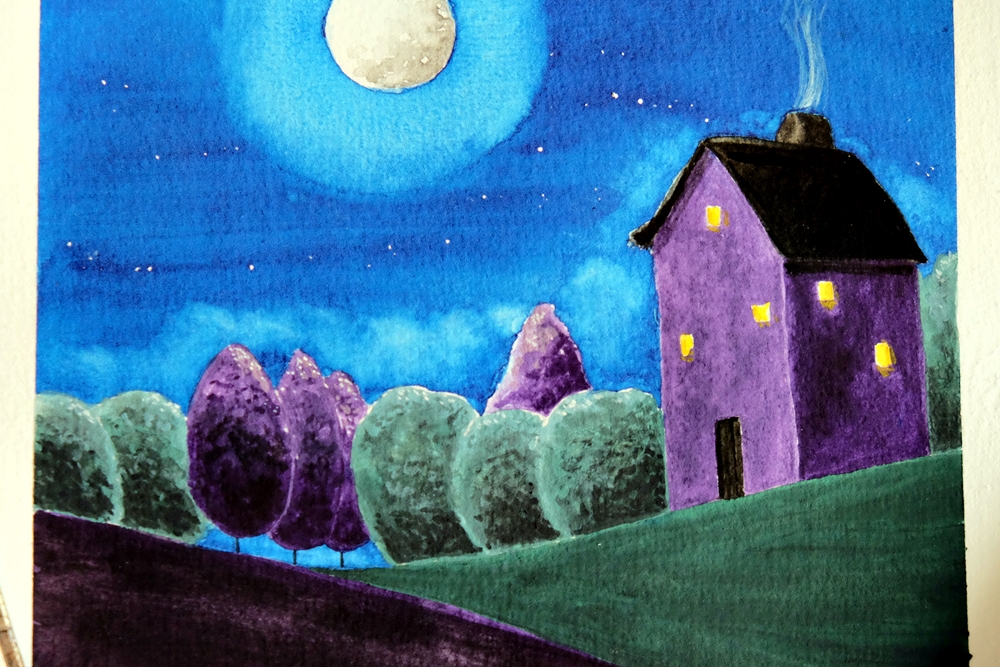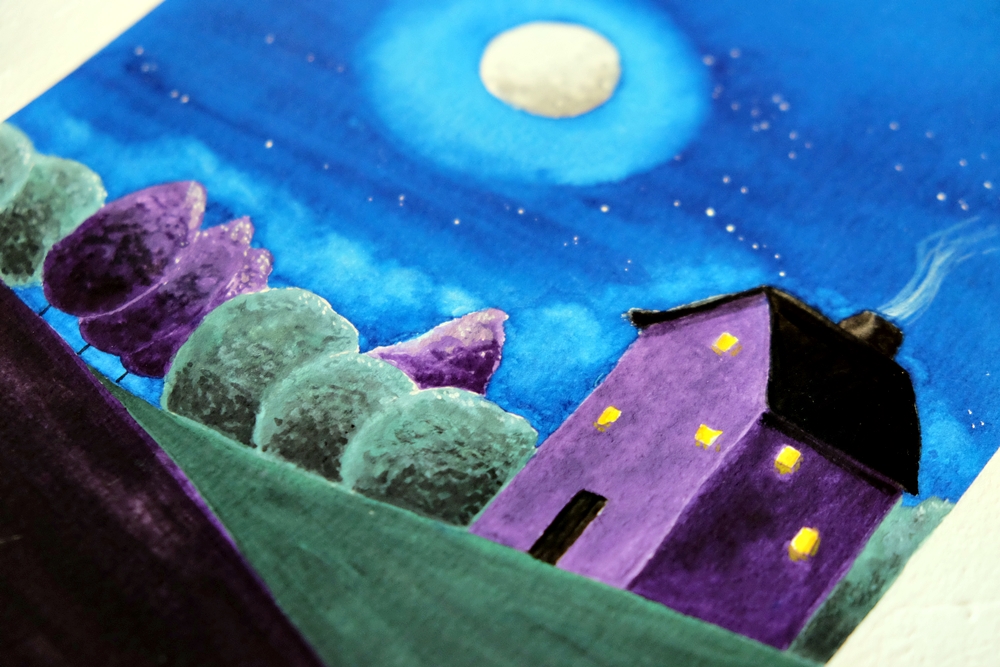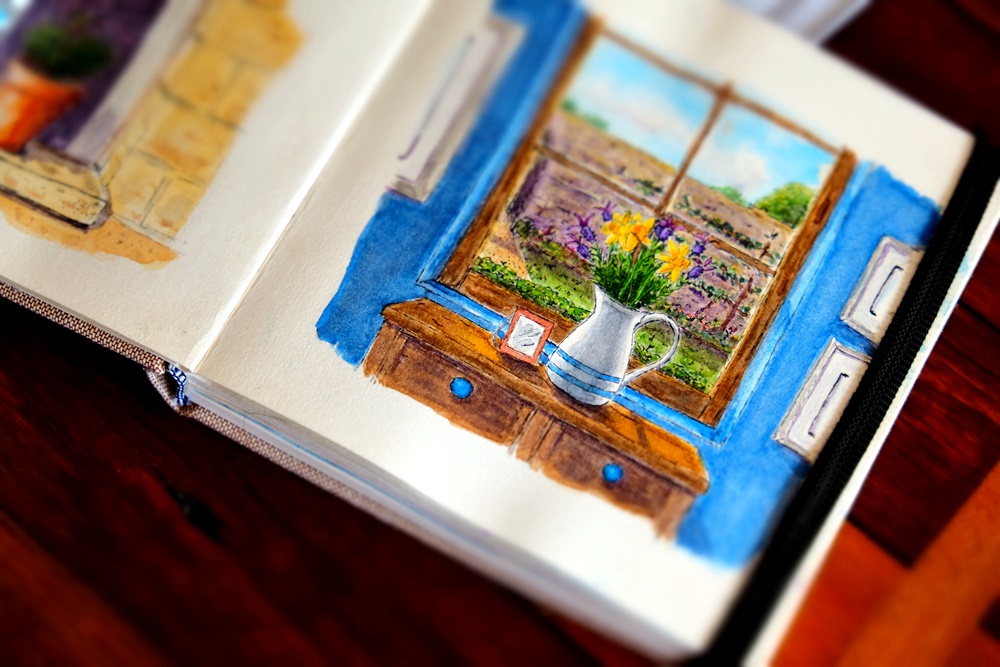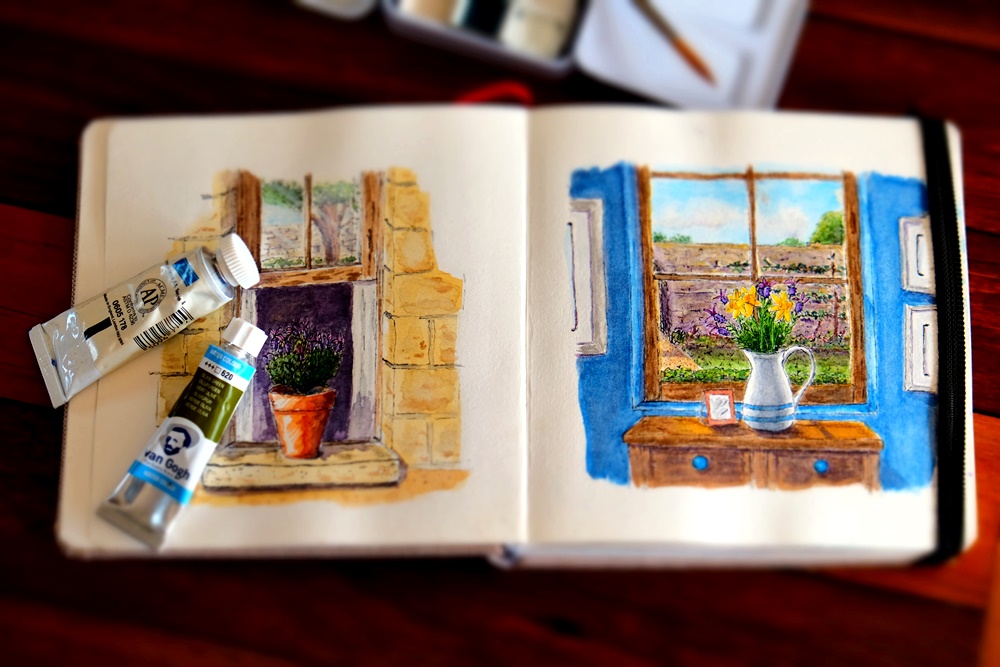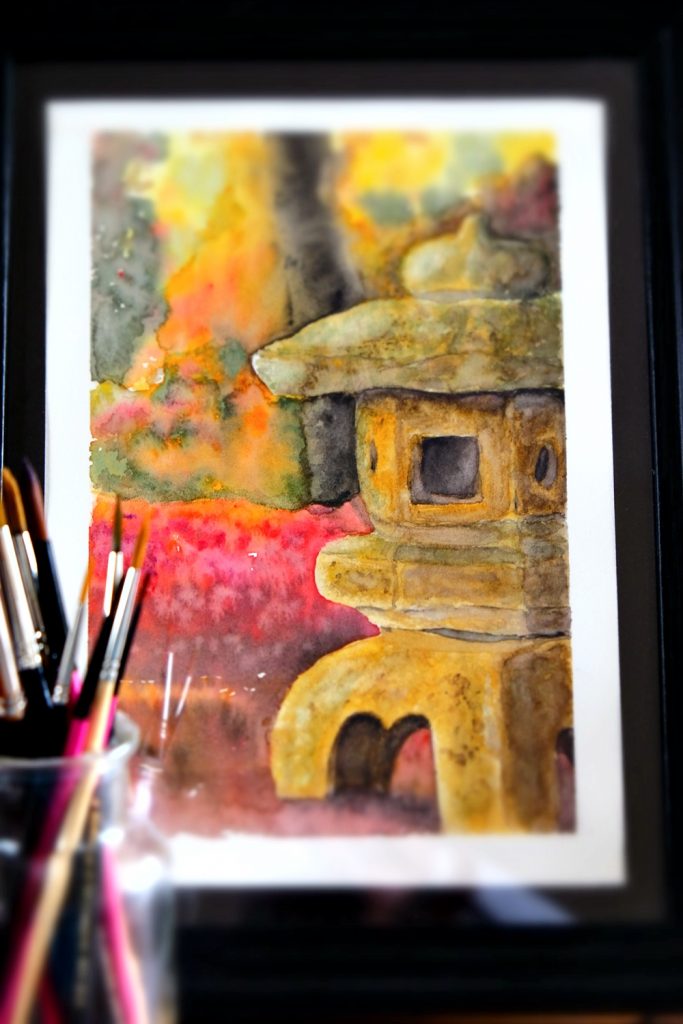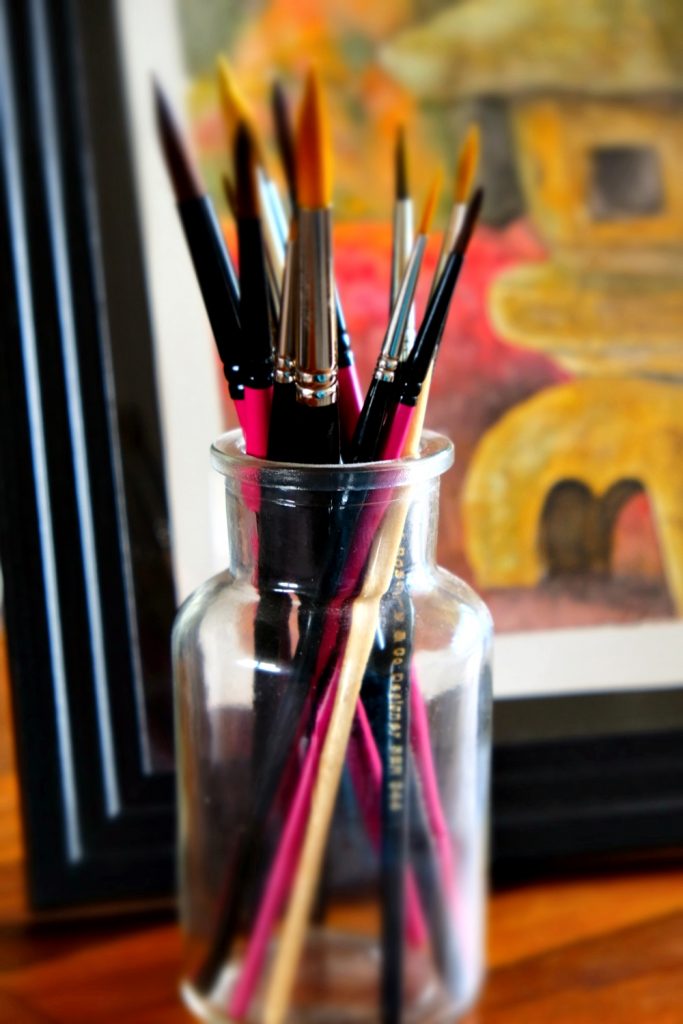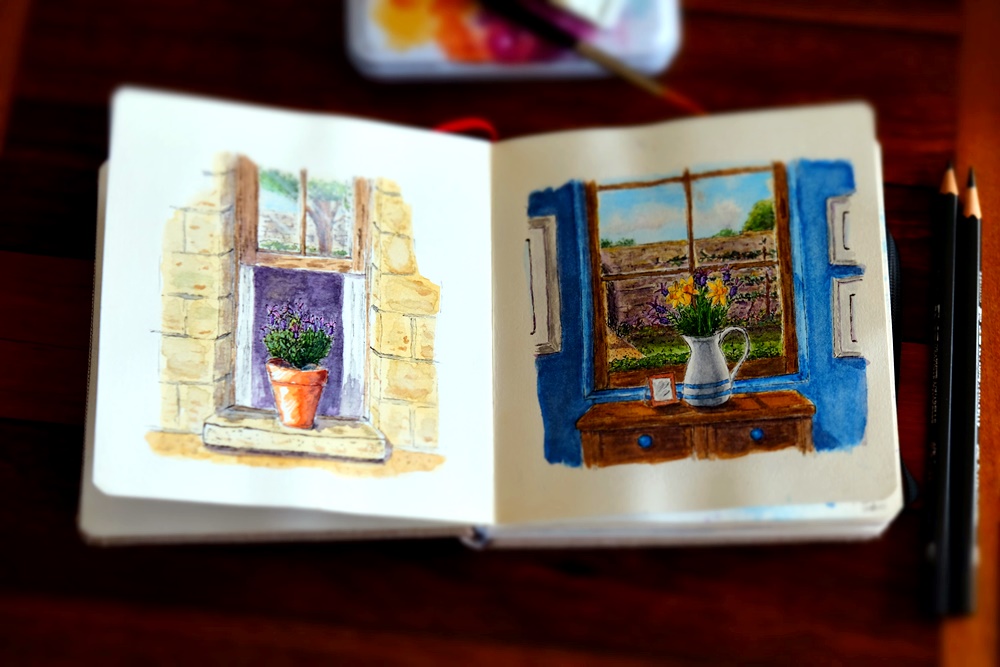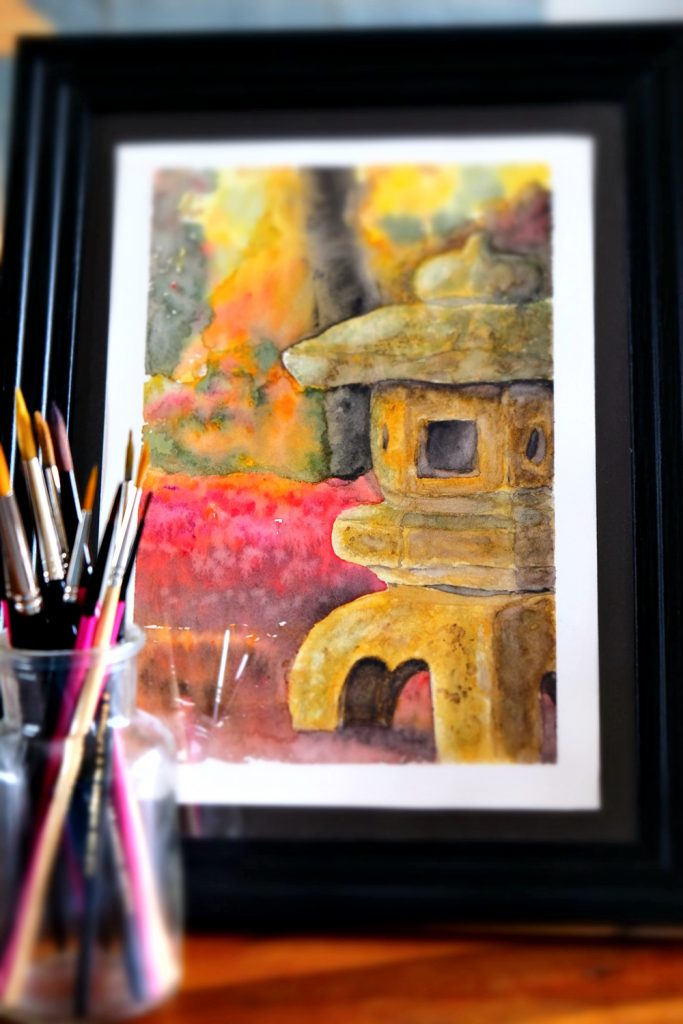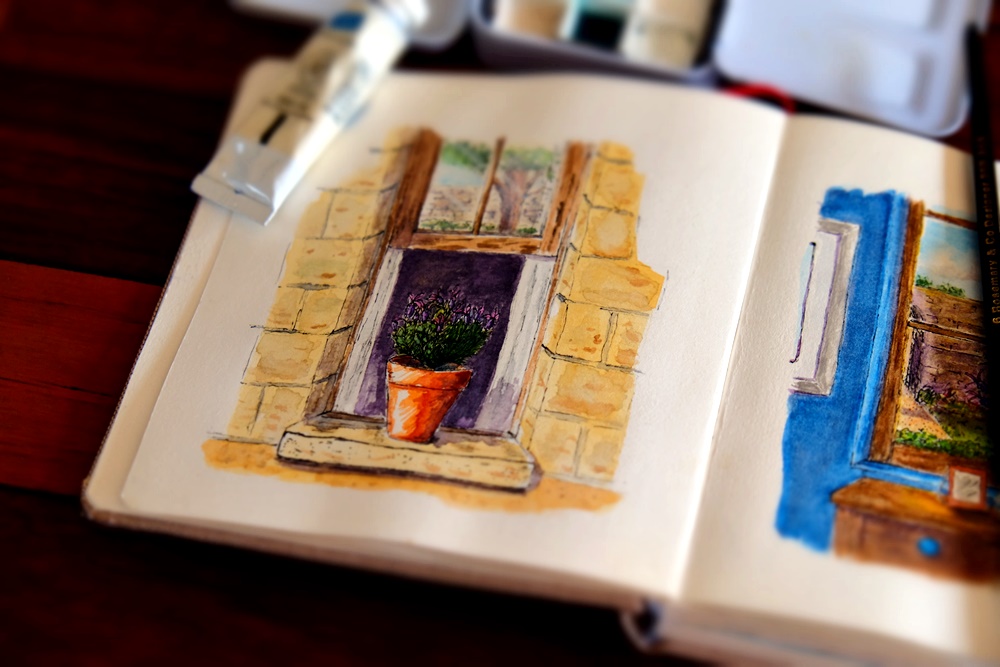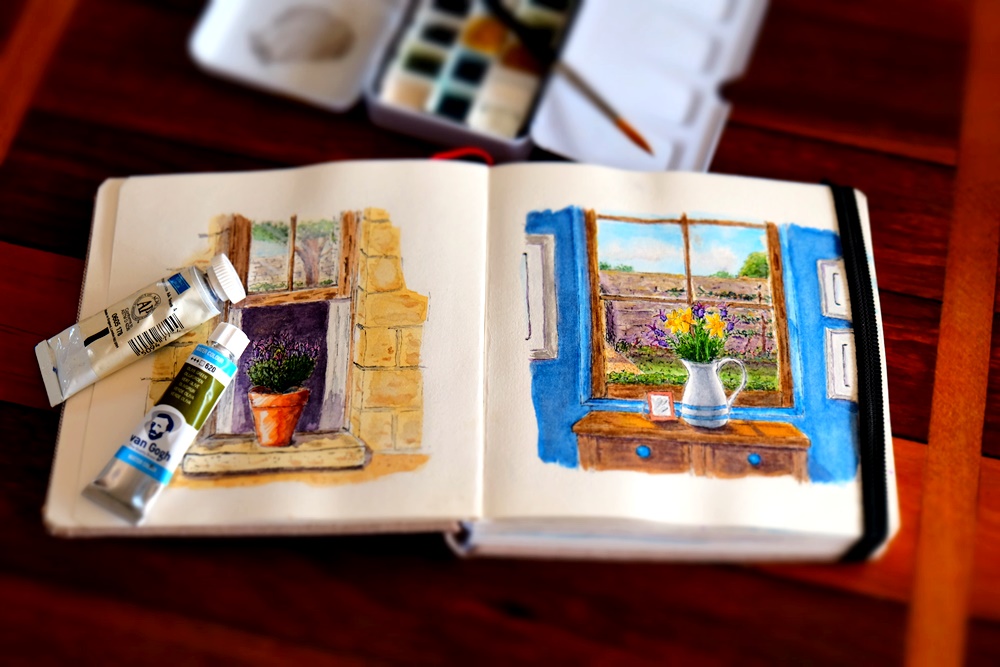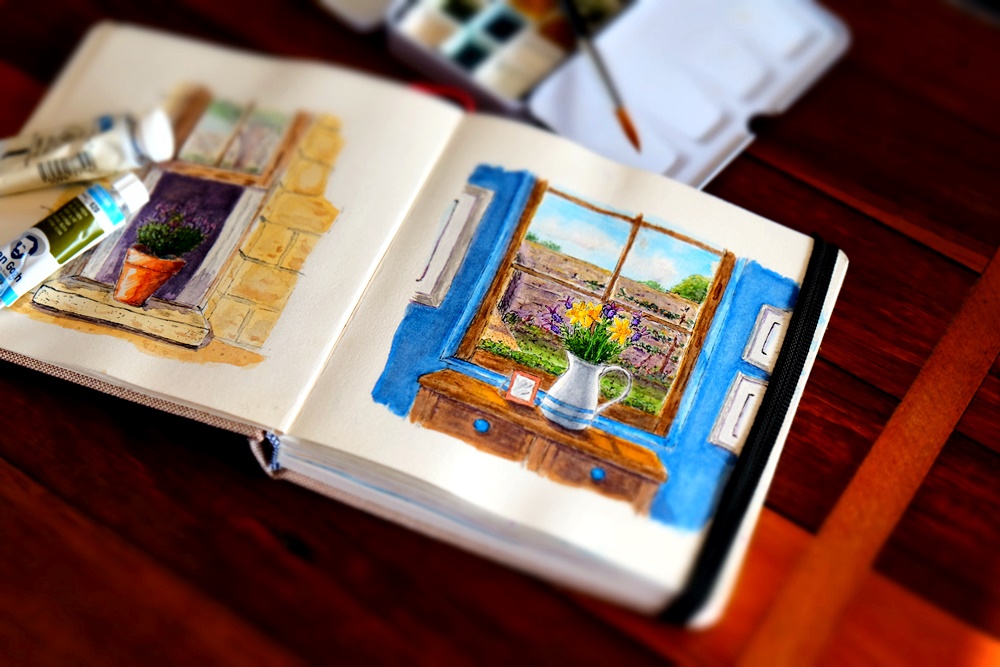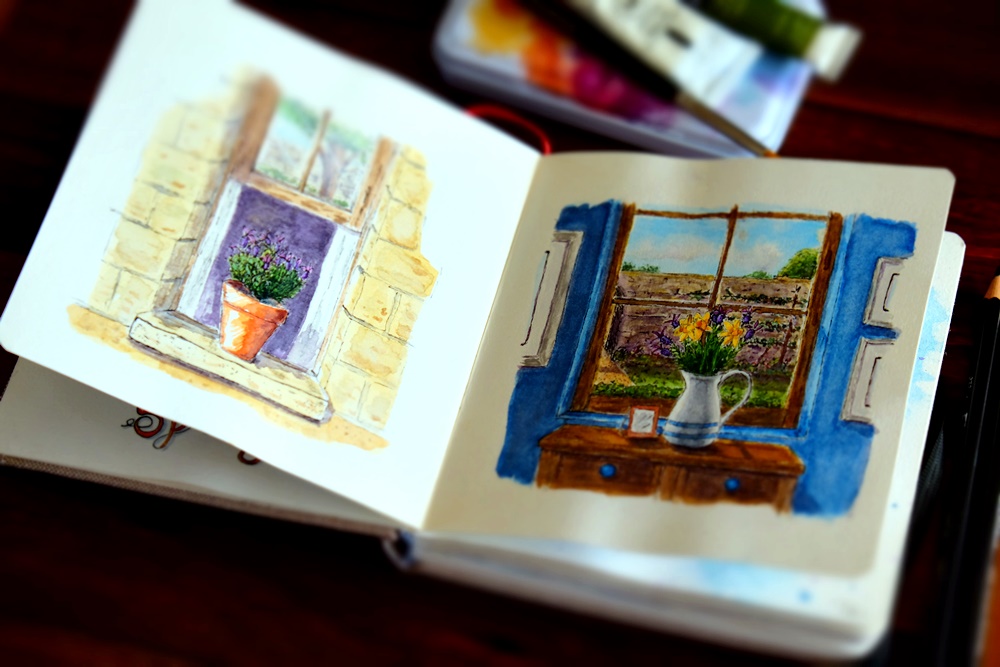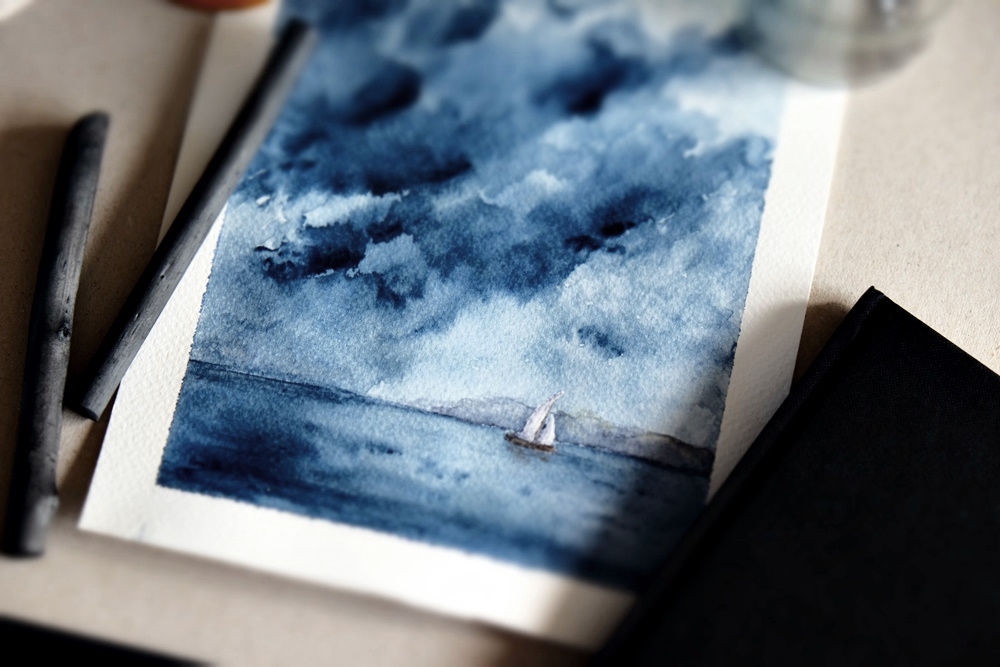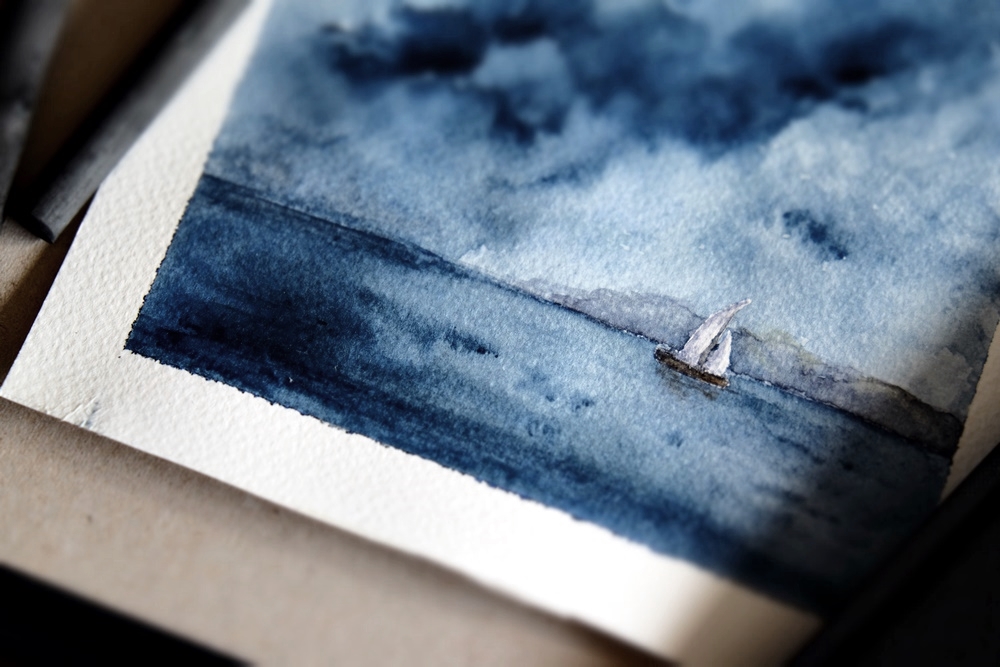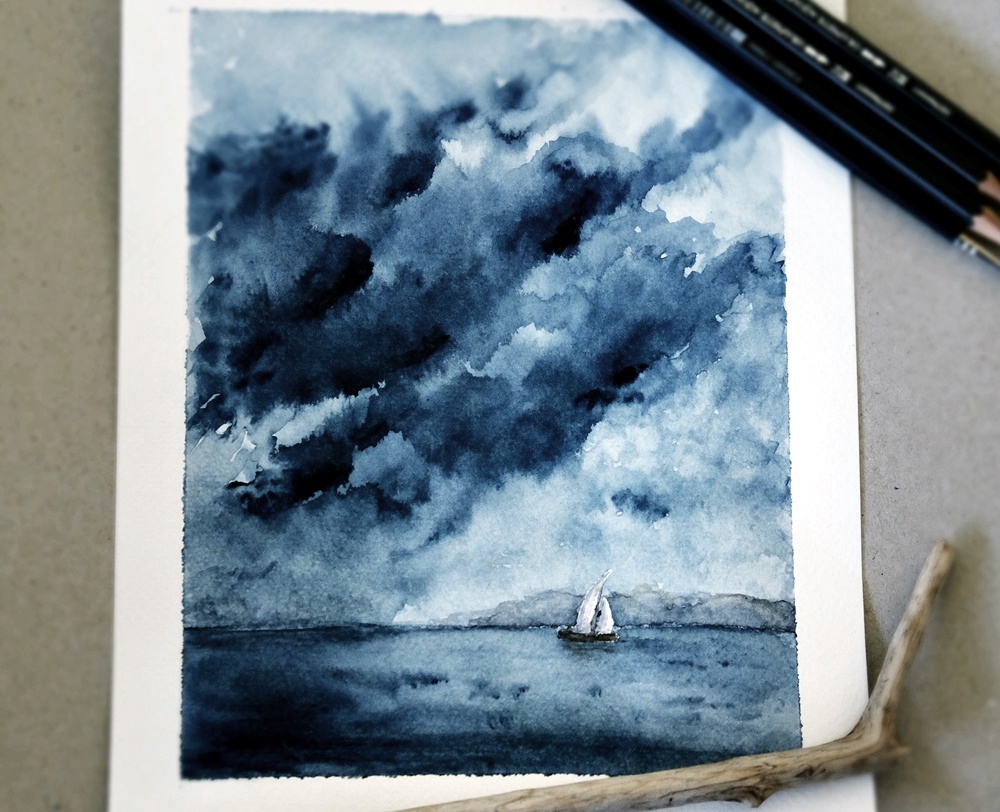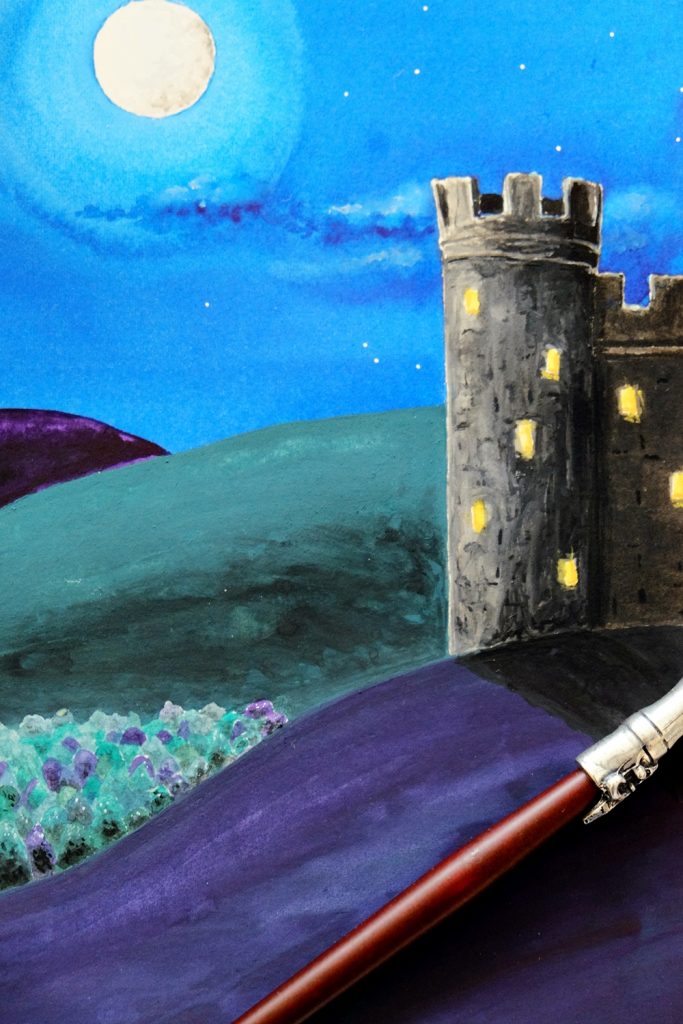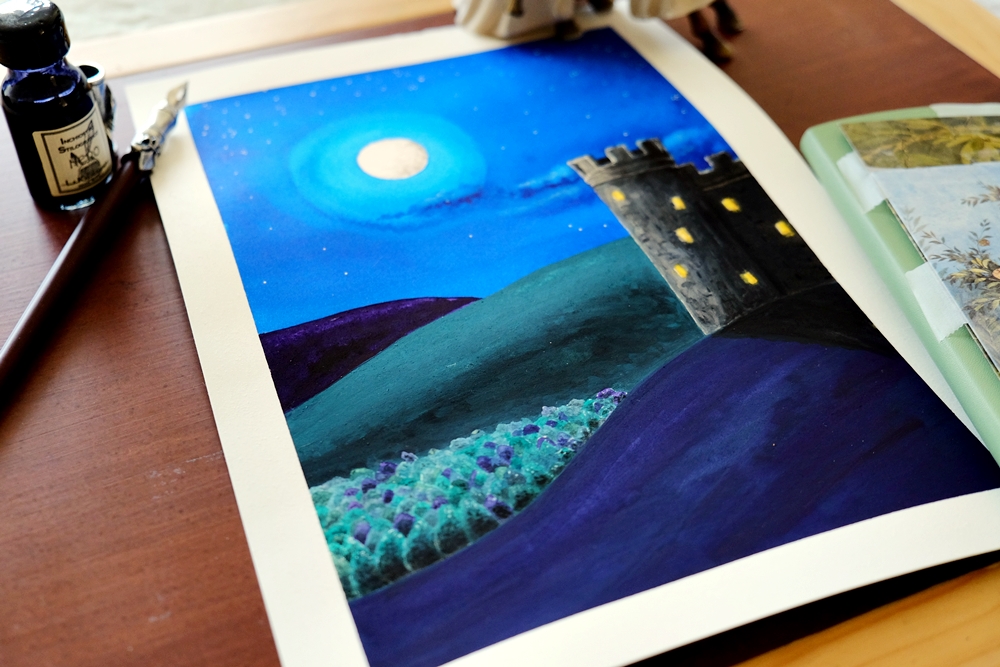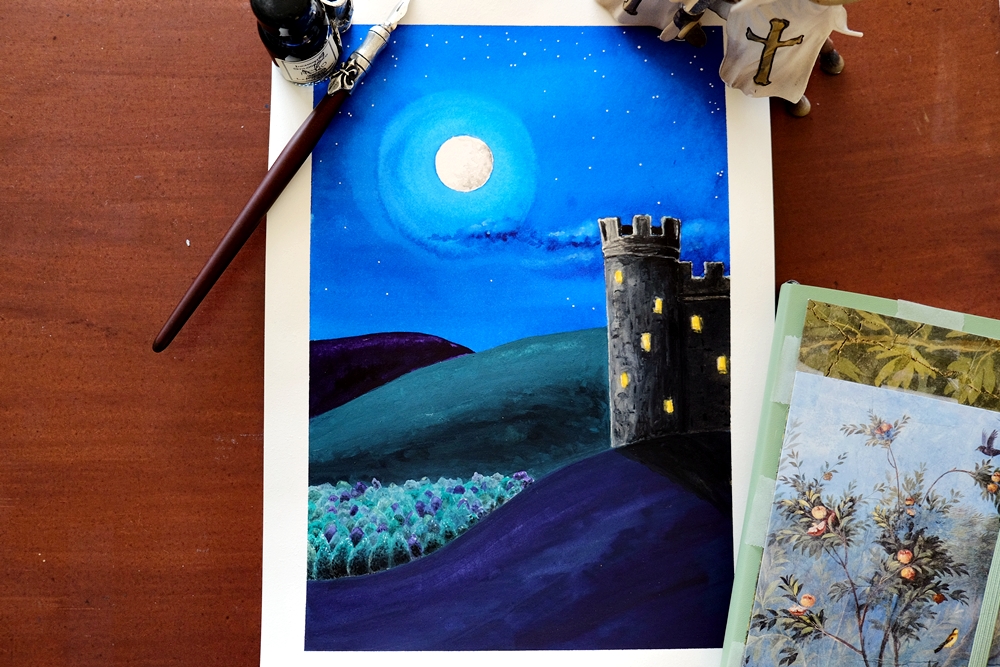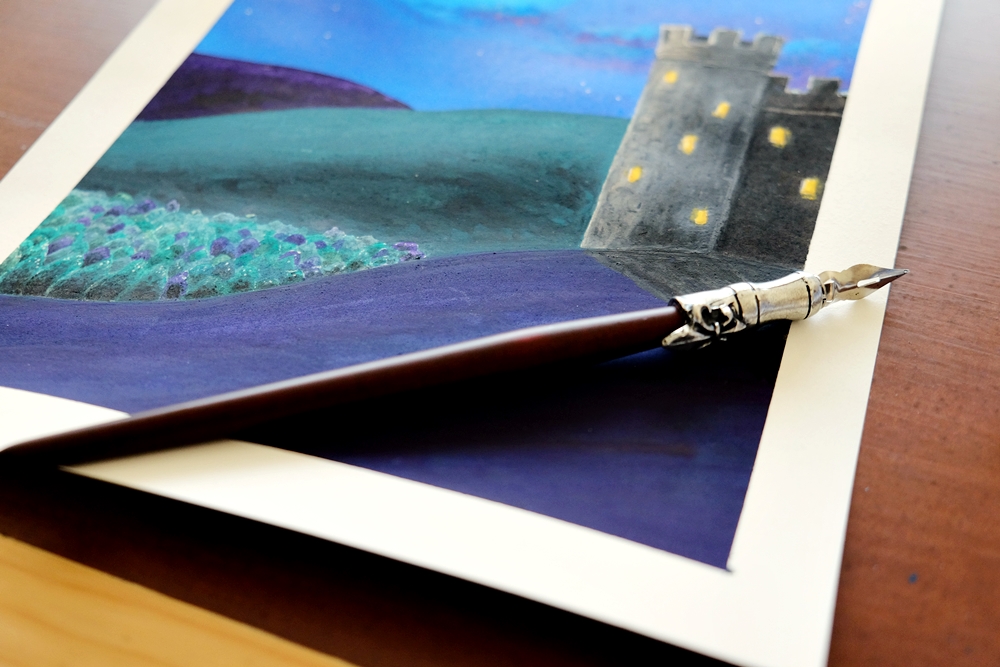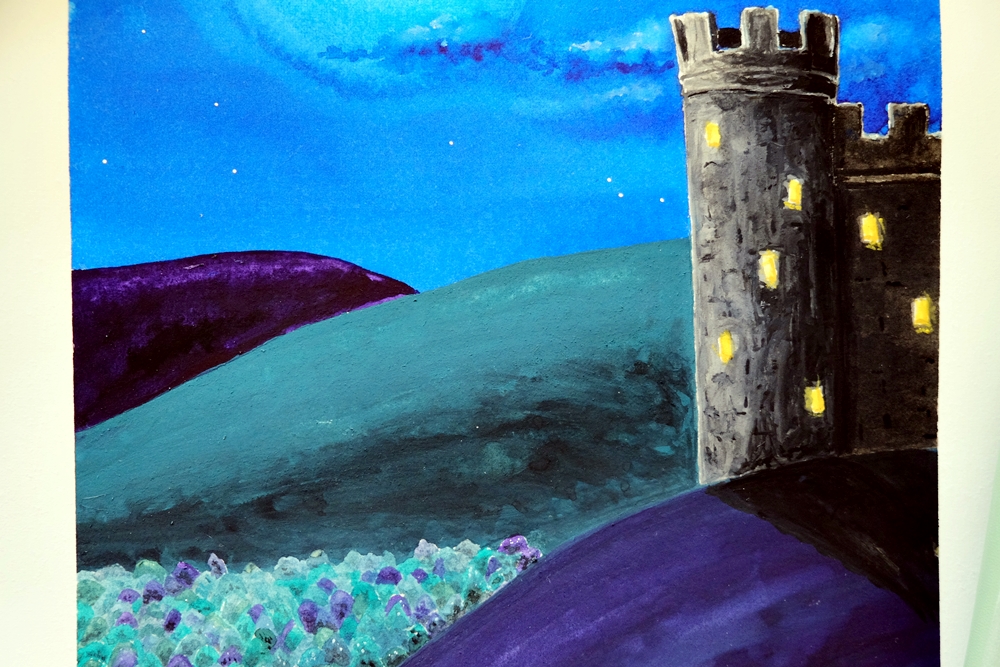One of the most important pieces of advice I was given about writing and life …
At time when I was seeking publication as the most important thing, God gave me this advice instead. It is not just the most important piece of writing-related advice I ever received, it also led to some of the most important lessons God ever taught me, a decade after I first put the advice into practice.
One of the biggest turning points in my career came with the simplest piece of advice. It wasn’t advice on how to get published, or how to snatch the attention of an editor. It wasn’t even advice on how to write better or faster or clearer.
It was a piece of advice on personal growth that now echoes in every area of my life. I received it almost twenty years ago, and ten years later I wrote about it in a blog post on a previous blog I had, sure that I had comfortably implemented that advice in every area of life where it mattered most. But I wrote that blog post not knowing that the time would come when that personal conviction would be challenged far beyond what I could have imagined, showing me just how much bigger and deeper the issue really was…
Before I got published, no matter how much readers loved my novels, the books just weren’t good enough. Until a publisher or an agent validated me, there was no proof that my novels were any good. It left me wracked with doubt. Readers would ask if they could take a look at one of my manuscripts, and most of the time I’d say no. People I met would ask me about my career, and I rarely told them I wrote novels because then they’d inevitably ask if I was published or not. And I dreaded telling them I wasn’t yet published because then I would almost always be told I was clearly not a “proper” writer. Yes, those were words people actually said to me. And it made me feel it was true.

I experienced enormous anguish over pleasing an editor, or winning a publisher. I over-analysed and rewrote and rewrote every word of my query letters or proposals. I would have rewritten the entire novel from scratch if they’d asked me to, just to get published and feel validated. With a squeamish feeling, as if I had just handed over my private diary, I tentatively gave drafts to readers. And if they commented on weaknesses, or stilted lines, or even the humble typo, their words would fire arrows straight into every insecurity I had. I genuinely believed all this would be fixed once I was published. Then I would know my books were good, and I could stand proud.
But then I read the humorous and touching writing guide, Bird By Bird by Anne Lammot. She was talking about getting published and what you really need to understand about it if you’re going to go down that road. At one point she uttered this simple but life-changing sentence:
“Learn to be enough without it, or you will never be enough with it.”
My eyes froze on the words, and years of bumbling and fumbling my way through my career slammed up against the sentence, coming to a dead stop. Could this be right? If I didn’t learn to be enough without publication, I would never be enough with it?
The more I thought about it, the more I realised how right this statement was: if you’re not enough without it, you will never be enough with it. After you are published, the problems just get bigger. You’re not pleasing just one editor or one marketing team anymore. You’re pleasing thousands of readers. You will get good reviews; you will get bad reviews. Every time you hear praise, you will feel better about yourself, yet every time you hear scorn, you will begin to doubt yourself. You now have bigger problems and bigger doubts. And you have to do it again and again, writing those novels and being sure of what you do. Yes, you are published, but now you have a lot more to prove, and many more ways you can fail. You will be like an autumn leaf blown about by every wind.

After reading Anne Lammot’s advice, I knew I needed a massive recalibration. If I had no confidence in myself or felt like less of a writer without publication, and I depended on publication to make me whole as a writer, I was only going to have bigger problems if I ever got to the other side. If I was constantly rejected, did it mean the books were bad? If a portion of readers did not like my books, which is a fact of life for any book, what would happen to my self-esteem? If an editor wanted changes to a book, what would that do to my ability to have confidence in my work? And when should I listen or reject the suggestions?
As the years have gone by, I have come to realize that the advice applies to anything in life. Do you feel you will never be enough until you are married? Do you feel you are not worthwhile until you have that degree? Or that bigger house and car? Do you think that kids will complete you? Or that you can never be happy until you have prestige with work? If you do, you are setting yourself up for failure because those things will always let you down. If you look to something of this world to complete you, you are asking it to do what it is incapable of doing, and thus it will always hurt you. Inevitably that means crushing your self-esteem and distorting your self-image. You are giving something outside of yourself and totally beyond your control, a dangerous amount of power over you.
At the time I received this advice, I was being put through a massive writing overhaul. God was teaching me, over several years of very specific training, how to know for myself whether my writing worked or didn’t. After thoroughly learning my craft, and relying on God to teach me what constitutes a good novel, what he wanted me to write, and even why he wanted me to write, I learned to have confidence that what I had written was worth fighting for. I no longer sought publication for validation. I sought publication because I knew I had not written these books for me, but for an audience, and I had to find that audience. It was like a public speaker, having honed his or her skills via looking in the mirror or speaking to a few friends, now needing speaking engagements and an audience. In the same way, I knew these books were for a particular readership, not for myself.
And so for years, I clung to this knowledge of who I was and what I wrote for, not realizing that the hardest lessons were still to come. I had confidence that I was a writer called by God to write; I was called to reach out to and change the society in which I lived. It was a truth I came to stand upon … and yet slowly, over twenty years, I watched this truth, this foundation, crumble away.* And with the systematic dissolution of all I came to base myself on, came the greatest lesson of all: that even this is putting my self-esteem in entirely the wrong place.

You see, it’s not just about knowing your books are good, and it’s not just about being enough without publication or without that ‘thing’ you desire, whatever that is. It’s so much more than that. And it took me years and years and many, many knockdowns and a myriad near misses and a thousand dead ends to get to a place where I truly understood that the ultimate question is this: Have I let writing itself define me? Can you be enough without writing at all?
What if he asked me to give up writing altogether? Would it become a sticking point between me and God because writing itself is more important than the God I claim I write for? Am I still enough without a strong ability or an opportunity to write? Am I still able to say, “Your will God, not mine. Your friendship matters to me more than publication and writing ever will. And though I experience you when we write together, if you want to find another way to talk to me, then that is what I want too.”
You see, and here’s what it took packing up my writing for several years to figure out: If I let writing be my identity, it too will disappoint me. My value and identity do not lie in being a writer. I write because my core identity is something else entirely – it is who I am as a child of the King and for this season of life, my King has asked me to write. And so it comes down to this:-
Writing cannot define me. I must write because my relationship with God defines me, and out of that I want to write.
And writing cannot decide if I am valuable or not. I must write because I am already valuable, and out of that I have something to give.

